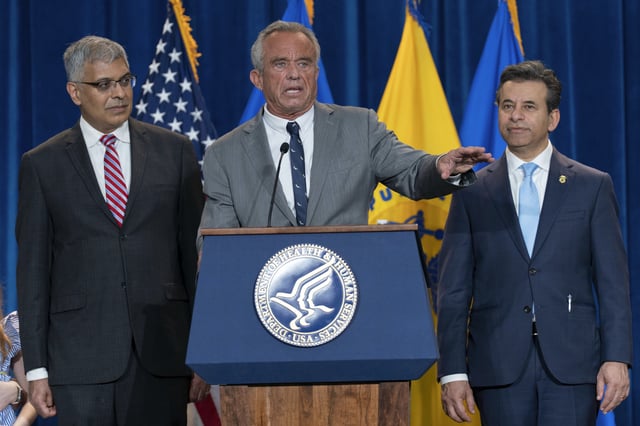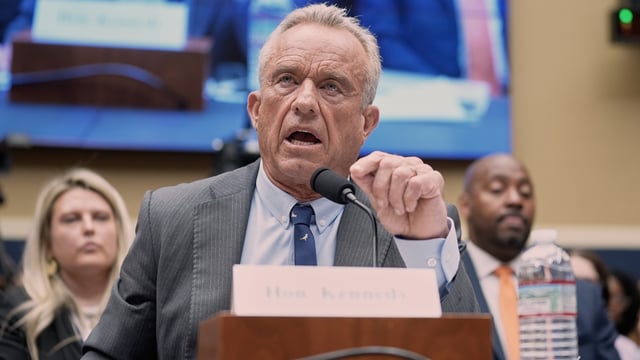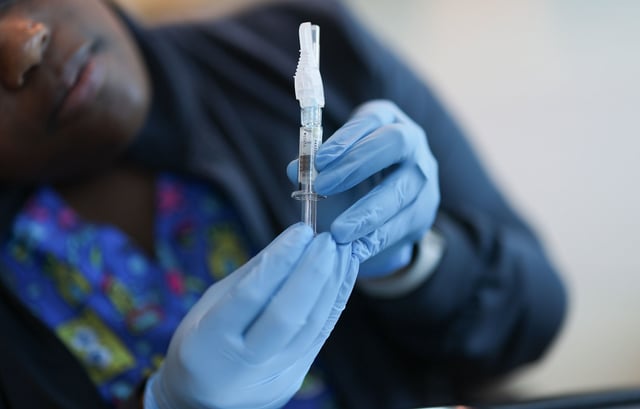Overview
- The FDA cleared new shots from Pfizer, Moderna and Novavax for broad use in adults 65 and older, with access for younger adults and children restricted to those with at least one qualifying medical condition.
- Pfizer’s authorization for children under 5 was revoked, leaving no vaccine for healthy kids in that age group; Moderna remains available from 6 months for children with serious health problems, and Novavax is limited to high-risk patients 12 and up.
- Manufacturers say distribution begins within days for Pfizer and Moderna and in early fall for Novavax, with the formulations targeting the LP.8.1 subtype and related strains.
- Coverage and logistics are unresolved as insurers weigh benefits, some states limit pharmacists to CDC‑endorsed vaccines, and patients under 65 may need to document high‑risk status or face out‑of‑pocket costs that could exceed $150.
- A new CDC advisory panel is expected to meet in September to issue recommendations that will guide coverage and pharmacy access, while major pediatric groups such as the American Academy of Pediatrics continue to back broader vaccination for young children.



